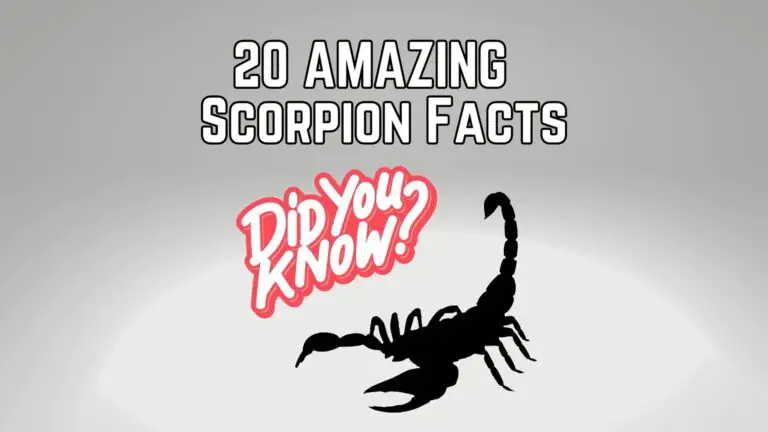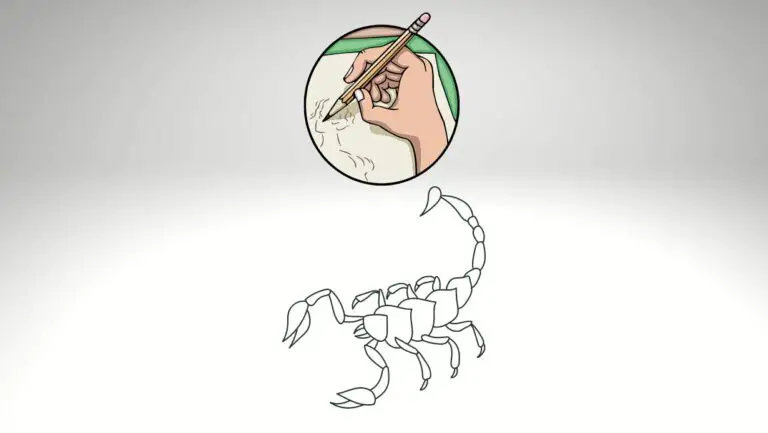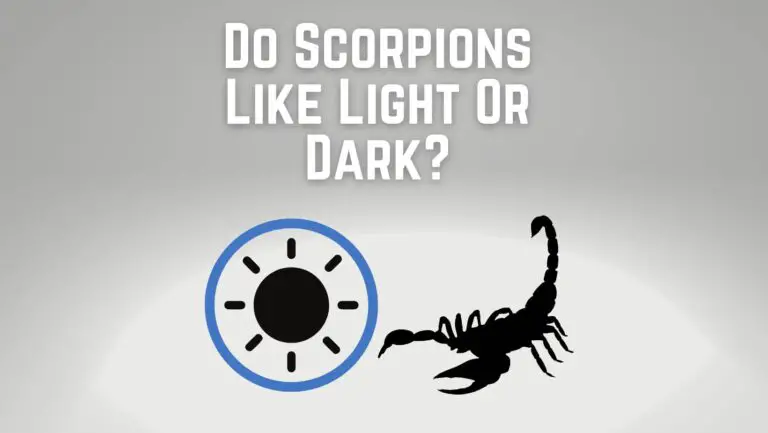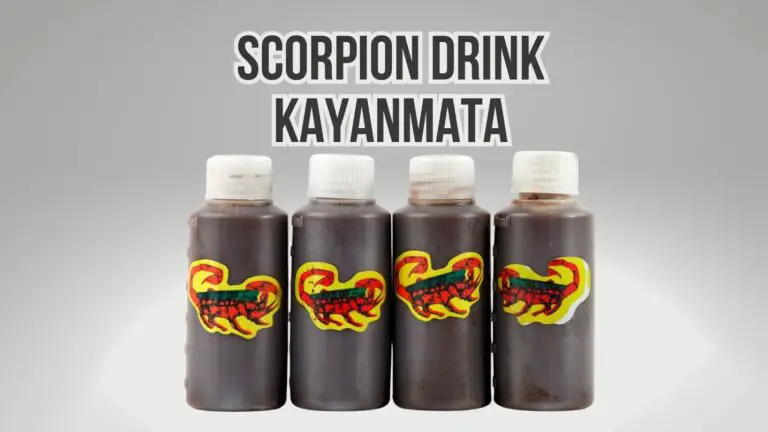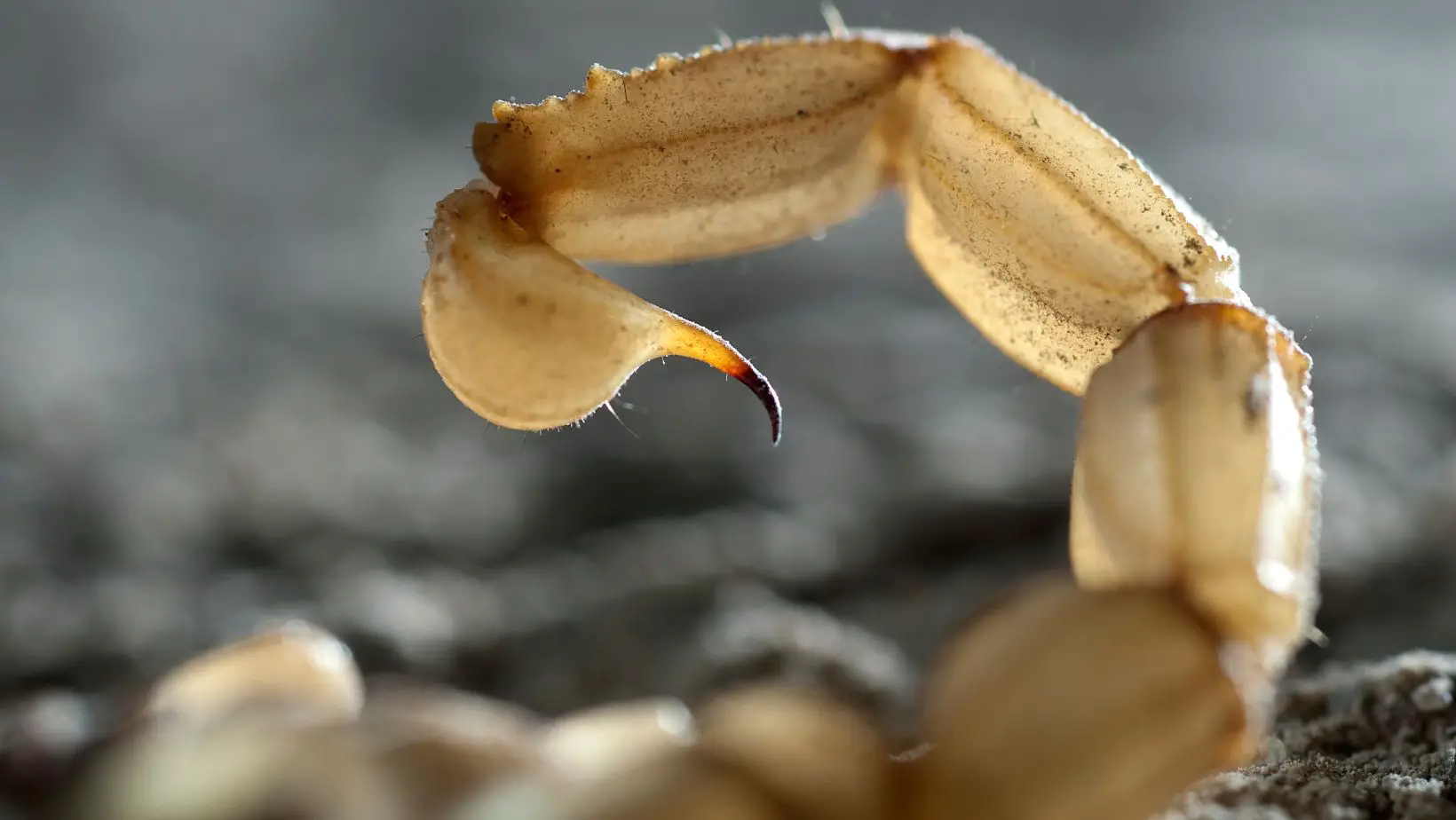
A scorpion sting occurs when it injects venom into the body through its stinger. While most scorpion stings are not life-threatening, they can cause discomfort and potentially serious symptoms, especially if the scorpion is venomous. Here is some essential information about scorpion stings:
Scorpion Stings: Bites and Identification
Scorpion stings occur when a scorpion injects venom into the body through its stinger. Identifying a scorpion sting and distinguishing it from other insect bites is important for appropriate treatment. Here is some information on scorpion stings and their identification:
- Appearance: Scorpion stings typically appear as two small puncture wounds or red marks at the site where the stinger pierced the skin. The area may be swollen and red, and it may feel tender to the touch.
- Pain: Scorpion stings are known for causing immediate and intense pain, which can range from mild to severe depending on the species of scorpion and the individual’s sensitivity to the venom.
- Localized Symptoms: Along with pain, there may be other localized symptoms such as numbness, tingling, or a burning sensation around the sting site. The area may also become itchy or develop a rash.
- Systemic Symptoms: Depending on the species of scorpion and the amount of venom injected, systemic symptoms may occur. These can include sweating, restlessness, increased heart rate and blood pressure, abdominal pain, nausea, vomiting, difficulty breathing, and muscle spasms.
- Identification: To identify a scorpion sting, it is important to consider the circumstances of the incident. If you encounter a scorpion or live in an area where scorpions are known to be present, and you experience a sudden and intense pain accompanied by localized and/or systemic symptoms, it is likely a scorpion sting.
Scorpion Sting Symptoms:
- Pain at the Sting Site: A scorpion sting typically causes immediate pain ranging from mild to severe.
- Swelling and Redness: The affected area may become swollen and red.
- Numbness or Tingling: Some individuals may experience numbness or tingling around the sting site.
- Localized Muscle Twitching: In some cases, muscle twitching or spasms may occur near the sting area.
- Systemic Symptoms: If the scorpion is venomous, additional symptoms may arise, such as:
- Sweating and Increased Salivation
- Restlessness and Agitation
- Increased Heart Rate and Blood Pressure
- Abdominal Pain and Nausea
- Difficulty Breathing
Scorpion Sting Causes:
Scorpion stings occur when a scorpion injects venom into the body through its stinger. Scorpions sting as a defense mechanism when they feel threatened or provoked. Understanding the causes of scorpion stings is important for taking preventive measures. Here are the main causes:
- Encounters and Disturbances: Accidental encounters with scorpions are a common cause of stings. This can happen when someone unknowingly comes into contact with a scorpion while gardening, reaching into dark areas, or when scorpions are present in homes or outdoor environments.
- Handling Scorpions: Directly handling scorpions without proper caution and knowledge can lead to stings. This includes attempting to capture or kill scorpions without appropriate protective measures.
- Provocation or Threat: Scorpions primarily sting as a defense mechanism when they feel threatened. If a scorpion perceives a threat or disturbance, it may react by stinging to protect itself.
- Habitat and Environmental Factors: Living or working in areas where scorpions are prevalent increases the risk of encounters and potential stings. Scorpions can be found in various habitats, including deserts, forests, urban areas, and even inside buildings.
- Lack of Protective Measures: Not taking adequate preventive measures, such as wearing protective clothing or using precautions when working or living in scorpion-prone areas, can increase the likelihood of scorpion stings.
Scorpion Sting Treatment:
If you or someone else is stung by a scorpion, here are some recommended steps for treatment:
- Stay Calm: Panicking can increase heart rate and the spread of venom.
- Remove Jewelry or Constrictive Items: Swelling may occur, so remove any items that could become tight or hinder circulation.
- Clean the Sting Area: Gently clean the site with mild soap and water to prevent infection.
- Apply a Cold Compress: Use a cold pack or a cloth soaked in cold water to reduce pain and swelling.
- Pain Relief: Over-the-counter pain relievers, such as ibuprofen or acetaminophen, can help alleviate discomfort.
- Seek Medical Attention: If the sting causes severe pain, or systemic symptoms, or if you are unsure about the species of scorpion, seek immediate medical assistance.
Important Note: Do not try to capture or kill the scorpion unless it can be done safely, as this could lead to further injury.
Scorpion Sting Prevention:
To prevent scorpion stings, take the following precautions:
- Avoid Contact: Be cautious and avoid handling scorpions, particularly in areas where they are known to be present.
- Protective Clothing: Wear protective clothing, such as gloves and closed-toe shoes, when working outdoors or in environments where scorpions may be present.
- Seal Entry Points: Seal any cracks, crevices, or openings in walls, doors, and windows to prevent scorpions from entering buildings.
- Shake Out Items: Before putting on shoes, clothing, or bedding, shake them out thoroughly to remove any hidden scorpions.
- Professional Pest Control: If scorpions are a persistent problem in your area, consider consulting a professional pest control service for effective scorpion management.
10 Actions to Take When Stung by a Scorpion
If you are stung by a scorpion, it is important to take immediate steps to ensure your safety and minimize potential complications. Here are the key actions you should take when you get stung by a scorpion:
- Stay Calm: It is essential to remain calm after a scorpion sting. Panicking can increase your heart rate and the spread of venom throughout your body.
- Move to a Safe Area: If possible, move away from the scorpion to avoid further stings or encounters. Make sure you are in a safe location where you can focus on your well-being.
- Assess the Severity: Observe the symptoms and evaluate the severity of the sting. While most scorpion stings are not life-threatening, some species can cause more serious reactions. If you experience severe symptoms or are unsure about the species of scorpion, seek immediate medical assistance.
- Clean the Sting Site: Gently clean the sting site with mild soap and water to reduce the risk of infection. Avoid applying any harsh substances or remedies directly to the area.
- Apply a Cold Compress: Use a cold pack or a cloth soaked in cold water to help alleviate pain and reduce swelling. Apply it to the sting site for about 10-15 minutes at a time. Make sure to have a cloth or barrier between the cold pack and your skin to prevent ice burn.
- Elevate the Affected Limb: If the sting is on an arm or leg, elevate the limb slightly to help reduce swelling.
- Take Over-the-Counter Pain Relief: If needed, you can take over-the-counter pain relievers such as ibuprofen or acetaminophen to manage pain. Follow the recommended dosage instructions.
- Observe for Systemic Symptoms: Keep a close eye on your symptoms and watch for any systemic reactions such as difficulty breathing, chest pain, muscle spasms, or severe swelling. If any of these symptoms occur, seek immediate medical attention.
- Seek Medical Assistance: If the sting causes severe pain, systemic symptoms, or if you are uncertain about the species of scorpion, it is important to seek medical assistance promptly. Call emergency services or visit the nearest healthcare facility.
- Preserve the Scorpion (if possible): If it can be done safely, try to capture or take a photo of the scorpion for identification purposes. This information can be helpful for determining the appropriate treatment and managing any potential complications.
Remember, every individual and scorpion sting is different, and reactions can vary. It is always better to avoid caution and seek medical attention if you have concerns or if severe symptoms occur.
Summary
Remember, scorpion stings can vary in severity, and it is crucial to seek medical attention if symptoms worsen or become concerning. Prompt medical care can help ensure appropriate treatment and minimize potential complications.


